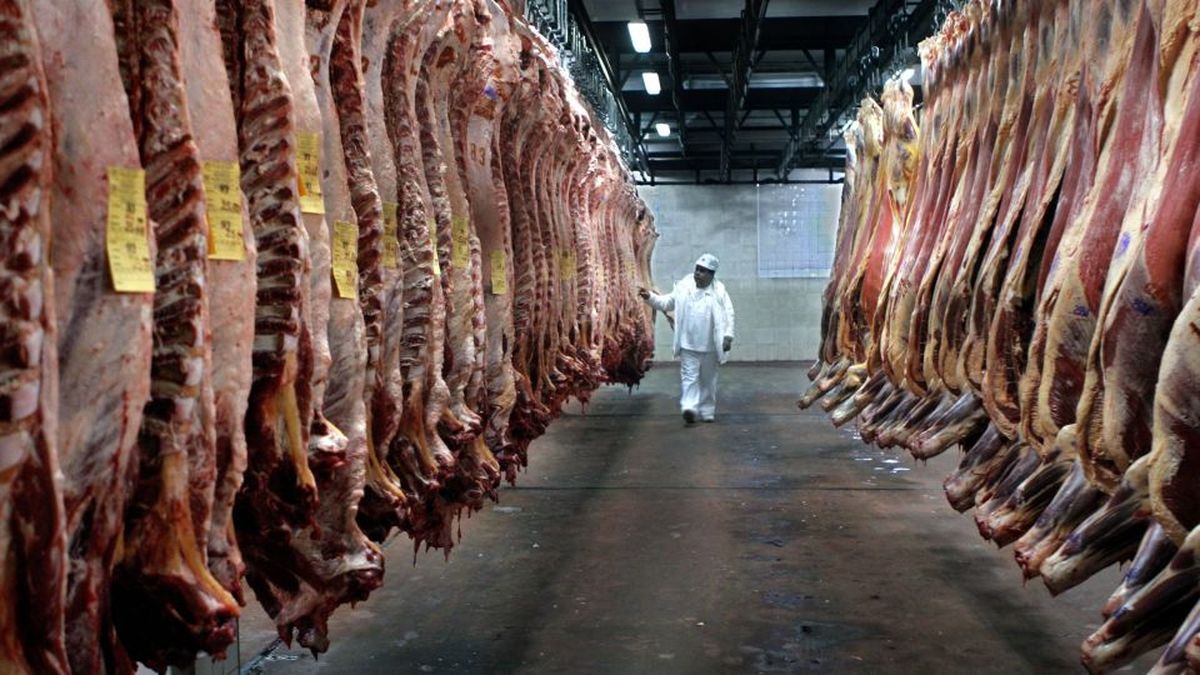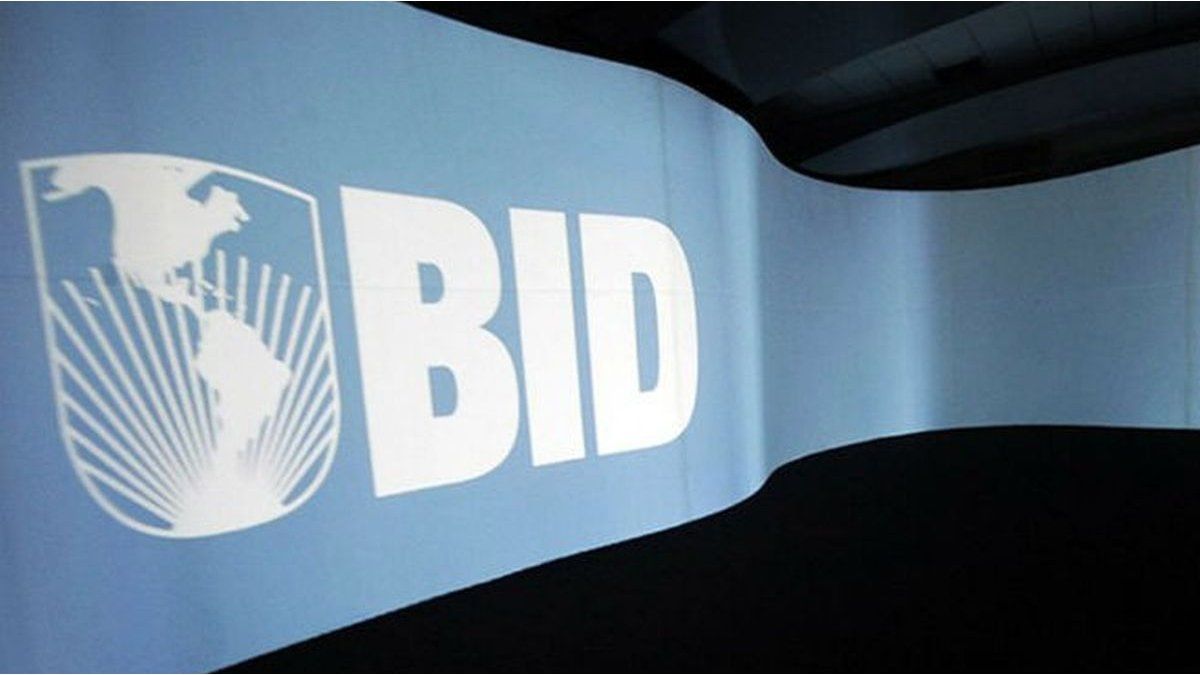This Monday, July 3, the Secretary of Agriculture, Juan Jose Bahilloimplemented a new set of regulations for the allocation of the Hilton Fee 2023/24 between refrigerators and groups of producers.
The Resolution 274/2023which approves the new “general rules of the legal regime for the allocation and Tariff-quota distribution for high-quality fresh and chilled boneless bovine meat“, was published in the Official bulletin the first business day of July, coinciding with the start of a new business cycle to send these high-quality cuts to the European Union. These rules also apply to a lesser extent to the UK.
This regulation will be in force until June 30, 2026, thus exceeding the duration of the current Government which ends in December of this year, and will affect the next administration, regardless of their political affiliation. This scenario has already been repeated in the past.
The Ministry of Agriculture, Livestock and Fisheries thus announced the opening a period of 10 days for slaughterhouses and producer groups authorized to export beef to Europe to sign up for the “Hilton Quota”. This quota amounts to 29,500 tons of high quality cutswith tariff benefits, which are sent annually to the Old Continent.
The main novelty revealed is the decision to unify the criteria used for the distribution of the Hilton Quota with those used for the allocation of the 20,000 tons of beef exported annually to the United States. This measure establishes a scheme similar to that of the Hilton Fee, but applied to the US market.
Exports: what is the Hilton Quota
The hilton fee is internationally recognized as one of the most prestigious and sought after in the foreign trade of high quality beef.
This commercial agreement, establishedor by the European Union (EU) within the framework of the World Trade Organization (OMC), is named after the hotel where the first quota negotiations took place in the 1970s. Its purpose is to allow the importation of a specified amount of beef from aHigh quality from non-EU countries, with a tariff reduction.
Argentina was assigned a quota of 29,500 tons in the Hilton quota. To access said quota, Argentine exporters they must meet a series of strict requirements and standards. The meat must come from animals raised on natural pastures, must be free of hormones and antibiotics. In addition, a minimum maturation process of 20 days and a specific presentation of the cuts is required.
The achievement of 100% of the Hilton quota reinforces Argentina’s position as an important player in the international meat market, and demonstrates the quality and commitment of our livestock producers and exporters. The success in exporting this quota is a significant achievement for the country and opens up new opportunities in foreign trade.
Source: Ambito




